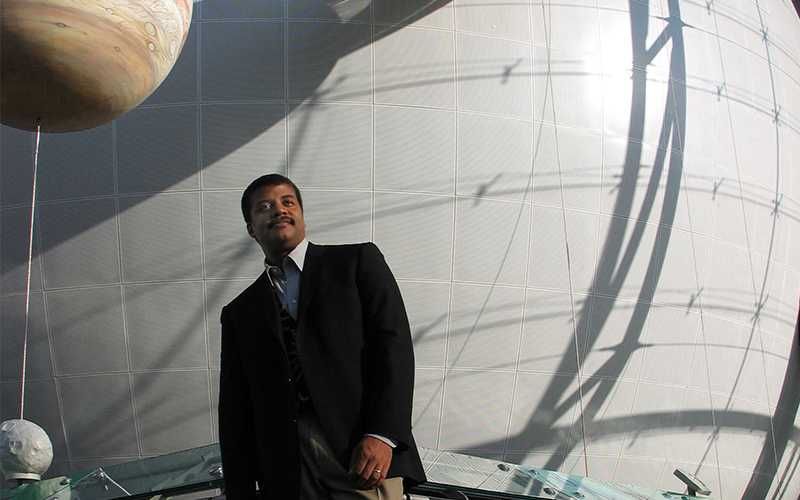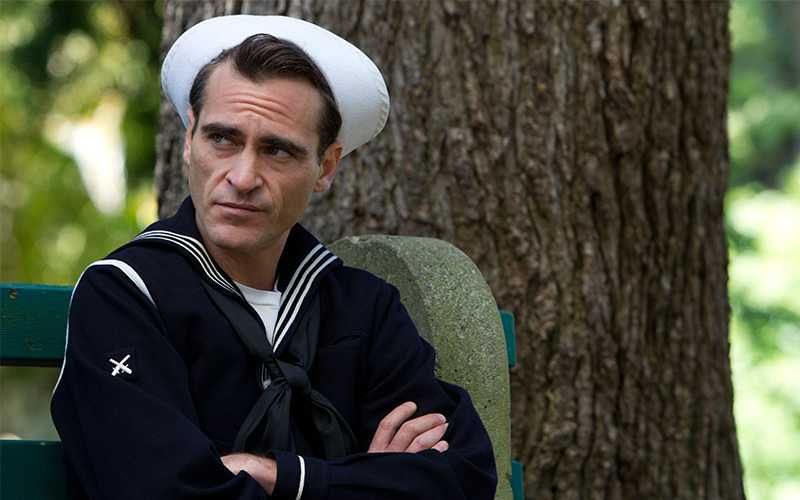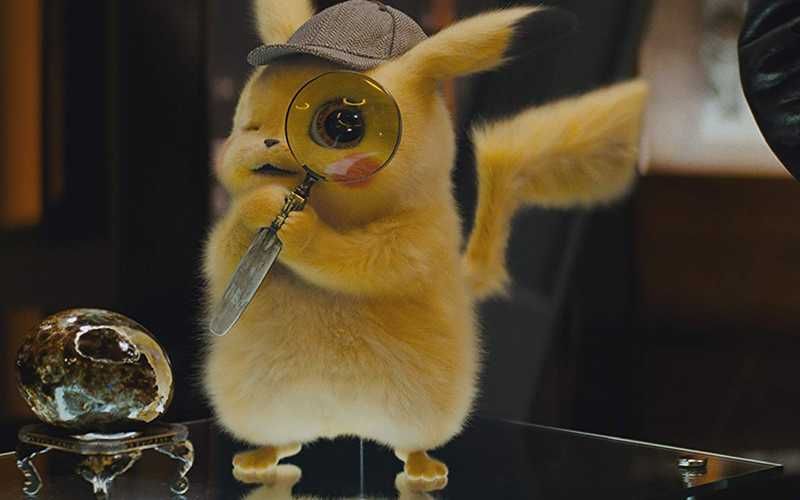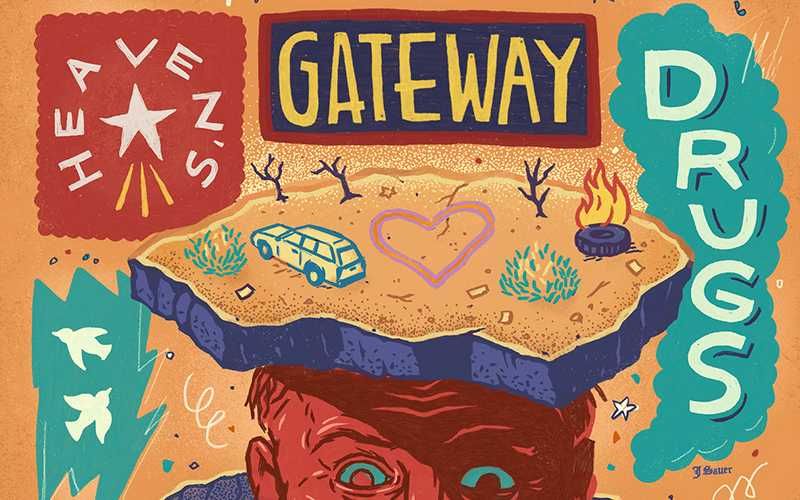Last month, American society was stymied by a quandary that required the mobilization of one of our nation’s top scientists.
Astrophysicist Neil deGrasse Tyson was up the the task.
On his StarTalk podcast, Tyson tackled the question that was on everybody’s mind: Could Marvel Universe superhero Ant-Man defeat Marvel Universe supervillain Thanos by crawling up his rear end, then expanding?
He suggested that it might be preferable to stick something inorganic up there.
Pop Culture a Great Science Tool
Tyson, who will give a talk titled “An Astrophysicist Goes to the Movies” at the Embassy Theatre on May 21, discovered long ago that pop culture is a useful tool for teaching actual science.
In a phone interview with Whatzup, Tyson said his two grown children are not always thrilled with his responses to such questions.
For example, they weren’t big fans of his response to the alimentary (if not elementary) Thanos dilemma.
“They said, ‘The whole thing is a joke. You’re supposed to stay with the joke,’” Tyson said.
Apparently, Tyson “got too real” with it, in their estimation.
“I should have stayed with rectal jokes,” Tyson said. “I really let them down this time.”
Thanos excepted, pop culture has generally proved to be a great scaffold on which to hang real information, Tyson said. The practice of marrying science and pop culture grew out of talk-show appearances during which Tyson would play close attention to how the audience was responding.
“Did they raise their eyebrows as I spoke? Did I make them smile? Did they look bored? I would cue what I said to their reaction. I would preserve the things that worked and discard the things that didn’t work.”
Tyson learned that he could make people care about science by grafting it to something they came in caring about: pop culture.
The upshot of all this is that Tyson has to spend “an unhealthy amount of time exposing (him-self) to pop culture” so he is ever prepared to transform pulp fiction into scientific fact.
To wit: Thanks to Game of Thrones, he’s been talking a lot lately about the physics of fire-breathing and ice-breathing dragons.
Years of talk-show appearances and print interviews also taught Tyson how to craft the most effective soundbites, he said.
“The leverage of information, I felt, was critical,” he said. “I said to myself, ‘I need to give the best possible interview I can because of the multiplier that this represents.’ So I would give a sound bite and if they didn’t smile, I said, ‘Let me give a better soundbite. Let me work on this.’
‘If they didn’t feel compelled to tell someone else what they just learned, I said, ‘No, I can do better than that,’” Tyson said. “‘I can give a soundbite that is tasty, that is interesting, that makes them smile, that is so tasty that they want someone else to taste it. I spent a lot of time working on the precision of soundbites.”
Always Being a Student
Tyson is one of the two most prominent science advocates/educators, the other being Bill Nye. Tyson said he frequently agrees with Nye’s views, but their approaches to engaging the public couldn’t be more different.
“The difference between Bill Nye and me is that Bill Nye will tell it like it is to your face,” he said. “He’ll be all up in your face telling you what you’re doing wrong. He’ll take these hot button topics and try to do what he can to change your behavior in the service of everyone’s health or civilization and the like.
“I take a slightly different tack,” Tyson said. “I am not going to tell you want to think. I’m not going to tell you who to vote for. I’m not going to tell you which candidate is good or bad. I’m going to equip you with the tools so you can arrive at your own conclusions.”
Tyson is sometimes asked leading questions about spirituality that are designed to get him to say things that will anger some Christians.
When these questions come up, Tyson said he always tries to start a lengthier conversation with the asker. What Tyson has tried to do is connect religious ecstasy to a kind of scientific ecstasy.
“The people who are really deep into their scientific research can have moments of sheer joy and awe and wonderment in what they’re studying,” he said. “I’m biased because I am an astrophysicist and my laboratory is the universe, which carries an extra sort of uplifting dimension to it… . What I suggested was I bet my feelings have strong overlap with the feelings that deeply religious or spiritual people feel when they have a religious epiphany.”
Tyson has become a devoted student of world religions so he can sound knowledgeable when these questions come up.
“So I can have a conversation with a Jehovah’s Witness,” he said. “I can have a conversation with a Bahá’í, with a Muslim — with Christians of all stripes.”
And he can have conversations with geeks and nerds of all stripes as well.
Film a Favorite Topic
The theme of Tyson’s Embassy Theatre talk is “my favorite subject ever,” Tyson said.
“I talk about stuff that movies got right,” he said, “that they accidentally got right, that they got wrong, that they shouldn’t have gotten wrong. Half of it is complimenting movies that did well and the other half is movies that should have gotten it right but didn’t.”
Among the films that Tyson will discuss: Frozen, The Matrix, A Bug’s Life, The Lion King, Titanic, Bill and Ted’s Excellent Adventure, and Star Wars.
One of Tyson’s less high-minded goals with these talks is to give people “ a night out.”
“This is a theater where Wicked might have played the night before,” he said. “It’s not a college campus. I know you’re expecting a night out, so I want to give you a night out. I love to ask people for a show of hands: ‘For whom is this date night?’ And all these hands go up. The funny part is: Why would you take a date to an astrophysicist’s lecture unless you’re right out of the geekoverse? It’s a fun community of people.”





